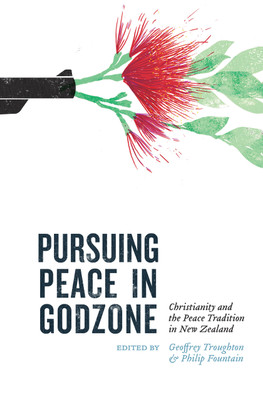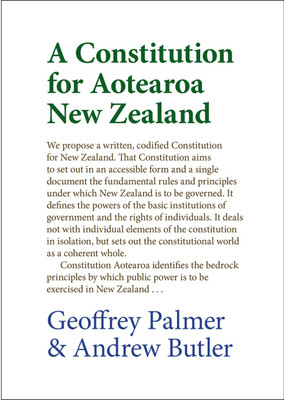Hide Description- Show Description+
2006
This historical novel imagines the story behind Alexander Sergeevich Pushkin’s 600-line verse tale, ‘The Fountain at Bakhchisaray’, about the impossible love of a Tatar khan for a Polish countess held captive in his Crimean harem.
The year is 1752. Young Polish countess, Maria Potocka, abducted from her father’s estate by Tatars during a slave raid into eastern Poland, languishes in the harem of the palace at Bakhchisaray on the Crimean Peninsula. She will soon die.
The year is also 1821. Alexander Pushkin is in exile in Bessarabia, the new southern Russia. Restless and depressed, the victim of government censorship and his secret, unrequited St Petersburg love for Sofia Potocka (a member of the same wider family as Maria), he is spending a month in Odessa on leave. An unexpected meeting with Sofia causes him to recall his visit, the previous year, to the palace of the Tatar khans where he saw a Fountain of Tears: a khan’s monument to the Polish captive who died before he could persuade her to love him, and to the khan’s own perpetual grief.
Pushkin will soon immortalise Maria, the khan and the Fountain of Tears in his poema.
The interwoven stories of the captive countess and the exiled poet take place on a day in Bakhchisary and Odessa respectively. They explore links between distance, imagination and memory against a background of exile, death and the events that conspire in the making of a poem and are told in a brilliant novel.
Praise for The Fountain of Tears
‘I turned back and read it again … It offers much to admire, to listen to with the inner ear, to savour, to ponder and to puzzle about.’
—Nelson Wattie, The Dominion Post
‘The Fountain of Tears is written in the way travel is undertaken: pauses, swift action, lyrical sightings and sympathies, solitude and attempts at self-sufficiency. Its language is invariably rich, concentrated in some places and factual in others.’
—Elizabeth Smither, Listener
‘Delightful! A remarkable book … people will enjoy it for the pleasure of reading the prose as well as the slowly unwinding twin stories … an unusual, distinctive and very readable book. Highly recommended.’
—Harry Ricketts, Speaking Volumes
‘The Fountain of Tears is a distinctive book by a New Zealand writer in that its action takes place entirely elsewhere, at a time when European contact with New Zealand was only beginning, yet the worlds of Maria and Pushkin are successfully evoked. It is worth reading from this point of view, but also for its poetic style and its meditative explorations of the ideas of captivity, memory and the fluidity of time. The Fountain of Tears represents a further development from an original and innovative New Zealand writer.’
—Robert Metcalf, Lumière Reader
‘I am surprised that Stephanie de Montalk is the first (as far as I know) to put this rich, romantic material to good use, in the form of a novel generously interspersed with verse. De Montalk’s experience as a poet and biographer makes her the ideal author for such a pursuit, which evidently has required both assiduous research and poetic prowess. My favourite elements of this book are the details that are so historically specific they can’t have been made up, and the lines of verse that are so precise they must have had a poet behind them, particularly de Montalk’s own rendering of Pushkin’s “The Tale of Bakhchisaray: A Tale of Tavrida”, which she has included in a separate section at the end of the book. I found these passages of verse and sprigs of historic detail brought both Maria and Pushkin to life at times, when their dialogue and behaviour revealed more their situation than their character.’
—Amy Brown, Salient
‘The writing is consistently rich, often purely beautiful.’
—Capital Times
‘This may be the most exotic story yet written in this country: what other New Zealand novel features concubines and palaces, harems and eunuchs, Russian generals and Polish princesses, with even a dash of cannibalism thrown in? (OK, a few NZ novels do cover that last one.) There are at least two love stories here, and yet The Fountain of Tears seems less concerned with capital-R Romance than with larger questions of freedom, fate and indifference. The harem is a prison, and yet within it, everything lost can be imagined and reconstructed. Imagination is not just the engine that drives the writing: in this novel it is almost a force of nature.’
—Chris Price, The Fountain of Tears launch
Stephanie de Montalk is the award-winning author of several collections of poems; the novel The Fountain of Tears; and Unquiet World: The Life of Count Geoffrey Potocki de Montalk, which was published to acclaim in 2001 and has been translated into Polish. Stephanie's most recent publication is How Does It Hurt? (2014), a memoir and study of chronic pain. Described by Damien Wilkins as ‘groundbreaking and riveting and beautiful’, the work was published to critical and medical acclaim, and received a Nigel Cox Award at the 2015 Auckland Writers’ Festival. Stephanie was the 2005 Victoria University Writer in Residence, and she lives in Wellington.






